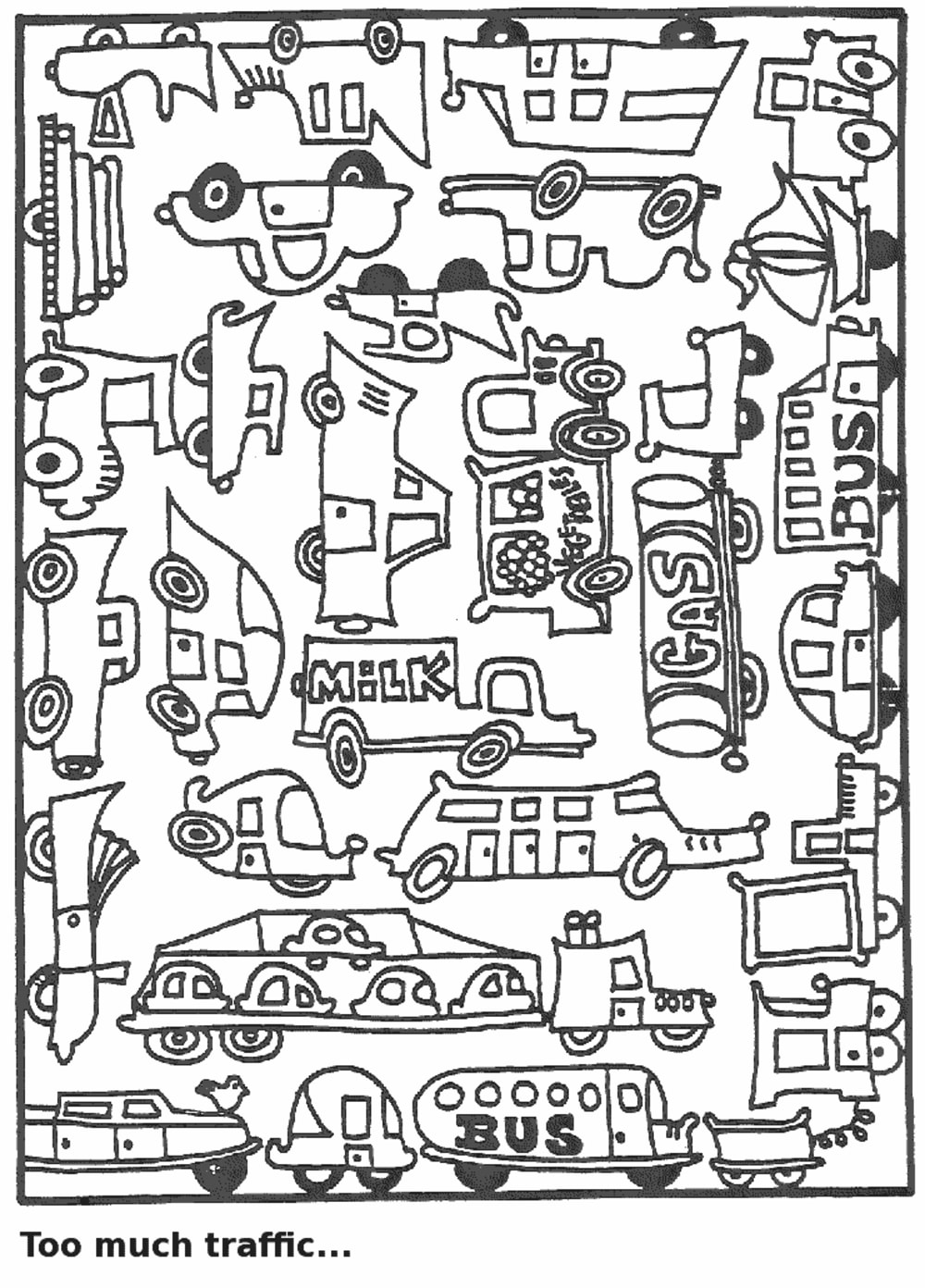If you live in a smaller town you are all too familiar with waiting at stop lights, sometimes thru more than 1 cycle. Stop lights cause tremendous waste of energy and pollution when you consider that fuel does not burn as efficiently when a vehicle is accelerating from a stop light, and the additional amount of fuel used to accelerate to the speed limit.
Also, you have probably noticed that vehicles travel in "clumps" or groups for some distance after traffic begins to flow when the light turns green. The further away from the light, the more the group disperses unless traffic lights are only a few miles or less apart.
My proposal would be for major roads, 4 lanes or more, that control traffic with stop lights. Develop robust technology that accurately monitors location, speed, and individual vehicles at intervals such that there are no unsensed gap areas along the road. Also, monitor main feeder roads. This information feeds into a computer which controls the stop lights such that groups of traffic can flow down the road without stopping--they get all green lights. The system is also continuously dynamic.
Some of the technology for systems just described already exist, but is not very cost effective. The missing piece is the GPS devices people use to navigate such as the TomTom. Enable these devices to receive data from the traffic computer system so that the driver will see green, yellow, and red bands along the road he is traveling on his GPS device. If he stays in the green band, he will make all the lights green without stopping.
A system such as this could be 80% or more effective in keeping traffic flowing thru traffic signals. Savings in fuel and reduction of pollutants would be significant. Also, a side benefit would be a large decrease in road rage!!!
Like this entry?
-
About the Entrant
- Name:Lee Palmore
- Type of entry:individual
- Software used for this entry:none
- Patent status:none





